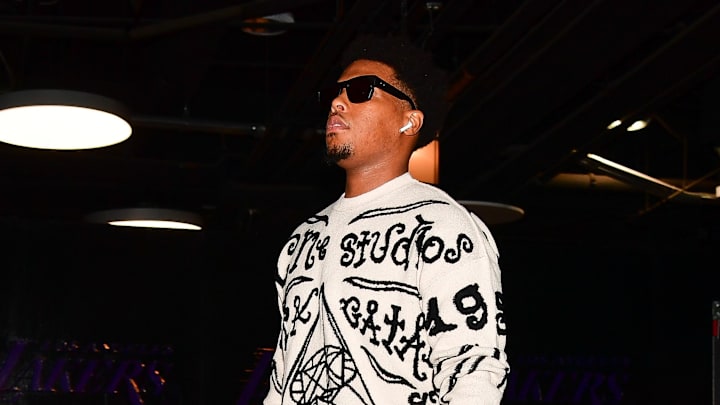Now that the NBA’s trade deadline has passed, attention immediately shifts to the next transaction period, the buyout market. The dust is settling from the 20+ trades that were completed this week, and teams are trying to pick up the pieces and regroup on the fly, deciding what moves can still be made to bolster rosters for the rest of the season.
Buyouts happen when teams work with players to negotiate a partial payment for the rest of their contract, that immediately allows the player to be a free agent (assuming they clear waivers).
These types of transactions are usually reserved for veteran players in the final year (or two) of their deal, who have no more use to their current team, and may be blocking the path for younger players to get minutes.
Why would a team do this?
In most cases, it’s clear that this player no longer serves a purpose on their team. That team likely exhausted all options to trade them at the deadline, and upon failing, they start to talk about a buyout. It usually garners good favor with players and agents, plus it saves the team a buck or two and allows them to open up a roster spot and playing time in many situations.
There’s no immediate rush for players to agree to these buyout deals, but they must be on a roster by March 1st to be eligible to play in the playoffs. There is also a new wrinkle in the CBA for this season. Teams who are above the first luxury tax apron are not allowed to sign any player whose 2023-24 salary exceeded the Mid-Level Exception, roughly $12.4 million.
This rule doesn’t impact the Hornets specifically, but it could impact some of their current players. Not to mention, given the way the Hornets season has gone, and the overall direction of the franchise, they won’t be in the market to sign anyone from the buyout market.
However, they do currently have players on the roster who would make sense to buy out so that those players can pursue a new team in free agency. The obvious candidates for this would be a couple of recent additions, Kyle Lowry and Davis Bertans. Both players are making above the $12.4 million MLE, so if bought out, they couldn’t sign with any of the Celtics, Bucks, Heat, Nuggets, Clippers, Warriors, or Suns.
Will the Hornets be involved?
Lowry makes the most sense of anyone - maybe in the whole league. Buyout rumors have been following him ever since he was traded to the Hornets in the Terry Rozier deal. Lowry is 37 years old and in the final year of an expiring $29.7 million deal.
This outcome has been a foregone conclusion since the trade, as he has yet to even join the team. Lowry is a well-respected vet and a borderline hall-of-famer. He doesn’t have much left in the tank, but he could still prove useful for a playoff team.
His hometown Philadelphia 76ers seem to be the most likely destination for Lowry, and their willingness to trade away Patrick Beverley only lends credence to this scenario playing out. He can help the Sixers, but at this point, it may not matter much given Embiid’s injury status.
Bertans is more of a wild card. He doesn’t make a ton of sense for the Hornets, but I’m not totally convinced any playoff team would even sign him if he was bought out. He hasn’t been a meaningful contributor for several years. It may make the most sense for the Hornets to just put him on the court and see if he can do anything - we at least know he can shoot.
Only $4 million of his $16 million salary is guaranteed for next year, so the Hornets could waive him in the offseason, or guarantee his contract and keep his salary on the books for salary-matching purposes in a future trade. This seems like the most logical outcome to me for all parties involved but only time will tell.
